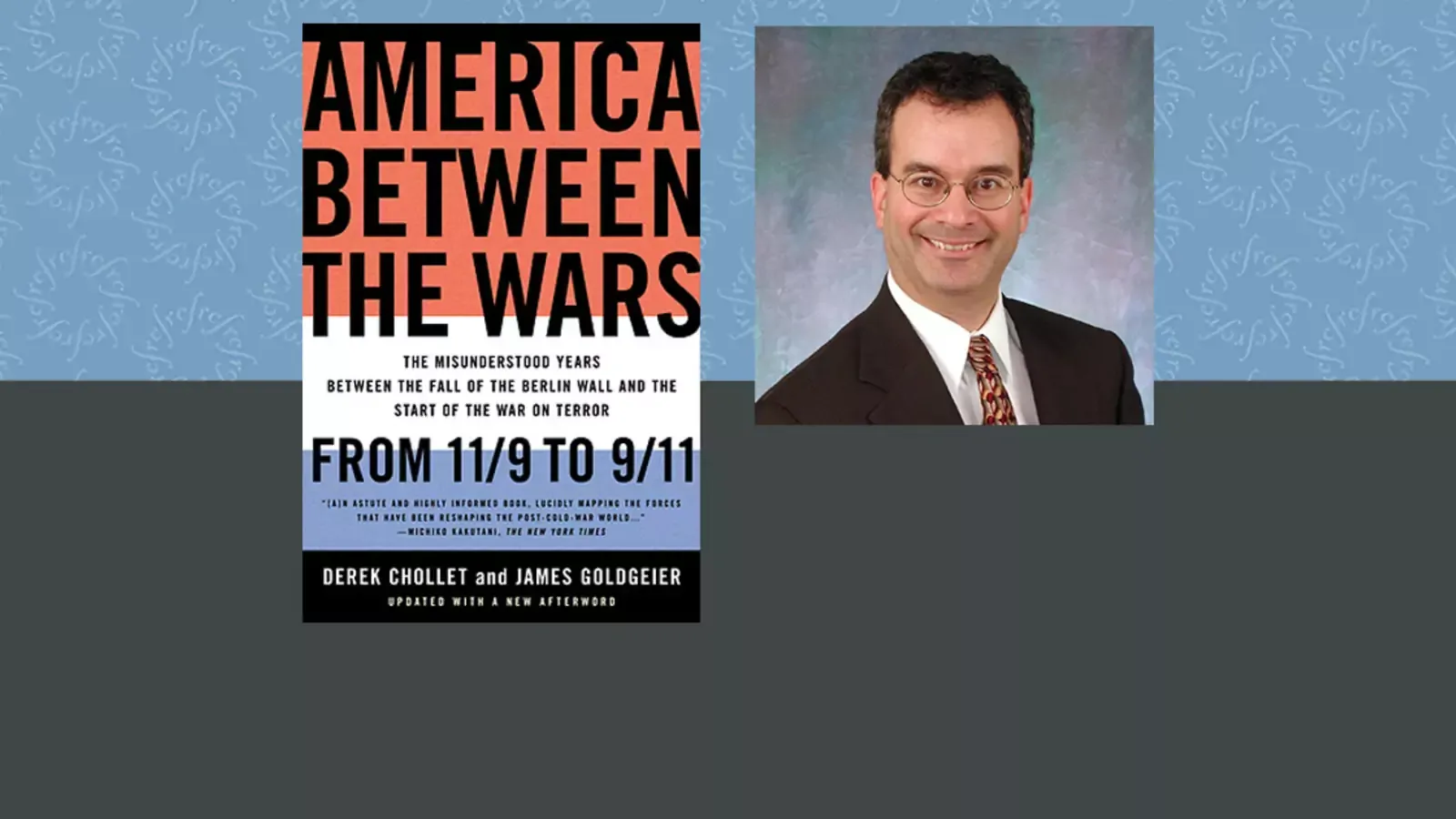America Between the Wars

Introduction
In this book, CFR Senior Fellow James M. Goldgeier and Derek H. Chollet explore how the decisions and debates of the years between the fall of the Berlin Wall and the collapse of the Twin Towers shaped the world we live in today. Teaching notes by Dr. Goldgeier.
Summary
America Between the Wars surveys the ideas and politics that drove U.S. foreign policy in the aftermath of 11/9 (November 9, 1989–the fall of the Berlin Wall). It suggests that while 9/11 was a searing event for all Americans, it did not change everything for America's role in the world. Rather, it woke people up to problems that already existed: Islamic extremism, proliferation of weapons of mass destruction, failed states and civil wars, and the upheavals caused by globalization. The book covers the evolution of the Democratic and Republican parties after 1989, analyzes both economic and national security issues, and demonstrates how the decisions and debates between the fall of the Wall and the collapse of the Twin Towers shaped the events, arguments, and politics of the world we live in today.
This book, along with the teaching notes, discussion questions, and suggestions for further projects, are ideal for courses on American foreign policy, American national security policy, and modern American history.
Discussion and Essay Questions
- What was 11/9 and why is that date so pivotal in the recent history of American foreign policy?
- What was the doctrine of containment, and why was it so hard to replace it when the Cold War ended?
- Why did the end of the Cold War lead to splits within the Republican Party? In what ways did the end of the Cold War provide an opportunity for the Democrats?
- What role have the neo-conservatives played during the past two decades?
- What did George H. W. Bush mean when he spoke of a New World Order?
- Why has Iraq dominated the American foreign policy debate since 1990?
- Why was Bill Clinton's approach to globalization so radical for the Democratic Party? Why was the passage of NAFTA in 1993 so significant—both then and now?
- Why did NATO conduct its 1999 military campaign against Serbia even though it had no authorization from the United Nations Security Council? How are those events similar and different to the run-up to the 2003 Iraq War?
- What are the foreign policy legacies of the Bill Clinton years?
- Who was the interventionist hawk and who was the champion of a more humble foreign policy in the 2000 campaign?